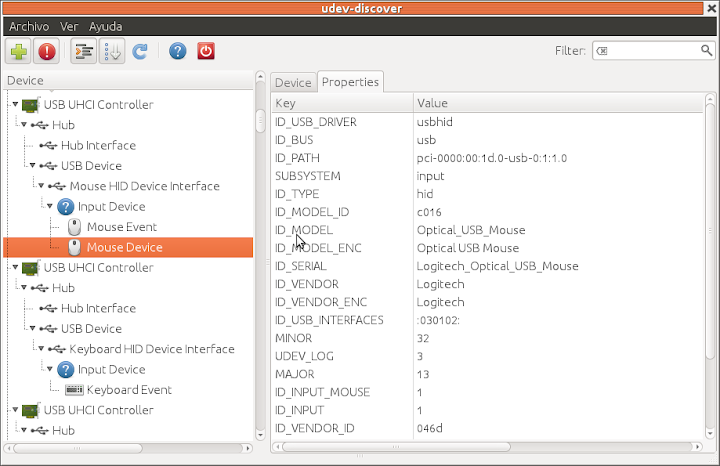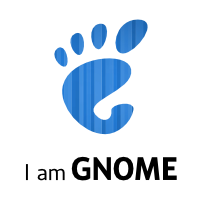NOTE: This post is not mine, the post have been originally writen by my friend and colleague Félix Ontañón (aka fontanon) which is far more complete than the one I could write, so he let me translate and publish his original one here.
My apologies for any mistake on the translation process. If there are any, they are for sure mine, not his. Well, actually my friend Rober (aka “the guy who fix my bad English” ) was fixing some mistakes already 🙂
The post:
As part of the Guadalinfo Accessible project Juanje Ojeda , Lorenzo Gil (from Yaco) and myself, were invited by Stormy Peters and Paul Cutler to the Gnome 3.0 Marketing Hackfest Zaragoza , an event organized by the Gnome Foundation, ASOLIF, the CESLA and the Governments of Aragon and Zaragoza, where was the place where the plans for the Gnome 3.0 launch: communication, promotional videos, etc. were going to be cooked.
Our objective was clear: to open ways of collaboration with the Gnome Foundation and present our intentions to develop projects, in terms of accessibility for the Gnome desktop. The Consorcio Fernando de los Rios is currently bidding in Andalusia: Improvements, bugfixes and to imitate the JAWS’s behaviors on Orca; image acquisition, improved recognition and export formats on OCRFeeder and reading the text with Orca from PDFs on Evince .
In the event was also present Dani Baeyens from Warp, who will also work in Gnome accessibility projects under the contract of Fernando de los Rios Consortium, improving Caribou (Gok replacement) and functional integrity of predictive text, Presage .
When we arrived at the event, the table of participants were discussing concrete actions on the initiative of Ambassadors Gnome, but we soon could start to present the developments that we, Yaco and Emergya, were involved. In a round shift Lorenzo, Juanje and I told the massive use of Gnome is promoted from the local government in various ICT initiatives: Guadalinex , Education , Guadalinfo and the the Network of Libraries , which justifies a special effort to promote and address the problems of assistive technologies and public services are fully accessible to all citizens.
Speaking about Guadalinfo, we presented the project as a true laboratory of accessibility, because apart from software improvements, a big purchase of assistance devices for visual, cognitive and motor disabilities is being done. Stormy Peters at this time we said if we had any picture, I remembered that Pedro Marín, from the Guadalinfo center of “Peligros” (Granada) had shared on Facebook a few and these were projected in the room:

Attendees were surprised by the examples of use of assistive technology devices with the Gnome accesibility assistances and asked us to hang material on the Gnome 3.0 website: photos or videos of real people using Gnome and devices in the Guadalinfo centers. We had a first task.
At lunch time, we dived into the issue with Vincent Untz and Licio Fonseca who advised us on ways of collaborating with the community to gain acceptance of our developments.
In the afternoon Paul and Stormy sat down with us to see what we could do –the companies- for Gnome and viceversa. We insisted on that the local government has a real interest in supporting accessibility projects, for its projects and that these developments, are given back to the community. If we get visibility and acknowledgement for these initiatives in the community, we are sure more projects will come. We trust in Gnome as a Government-friendly community and that’s how they want to be received aswell. Paul asked us to work directly with the developers of the applications through the traditional communication ways that are usually used in the community: mailing list, irc, etc..
And that way we started, Lorenzo made public its intentions to improve Evince and Alejandro Leiva, from Emergya, ours . The reception is being good, and the community is reporting feedback. This starts up!
UPDATED (10/05/18): Fixed the Lorenzo’s name at the first paragraph and the urls, that were all wrong.






